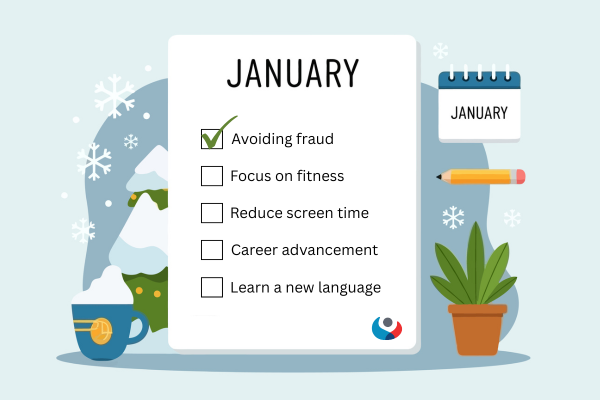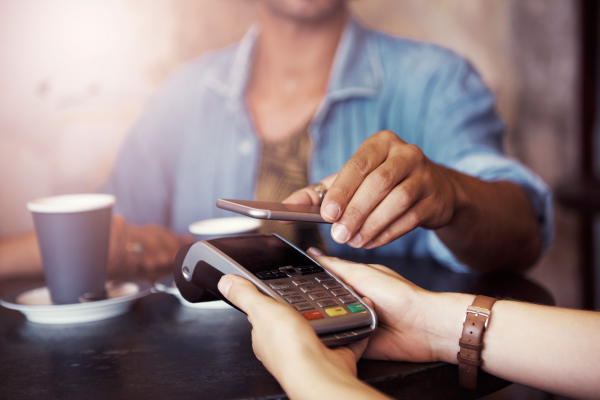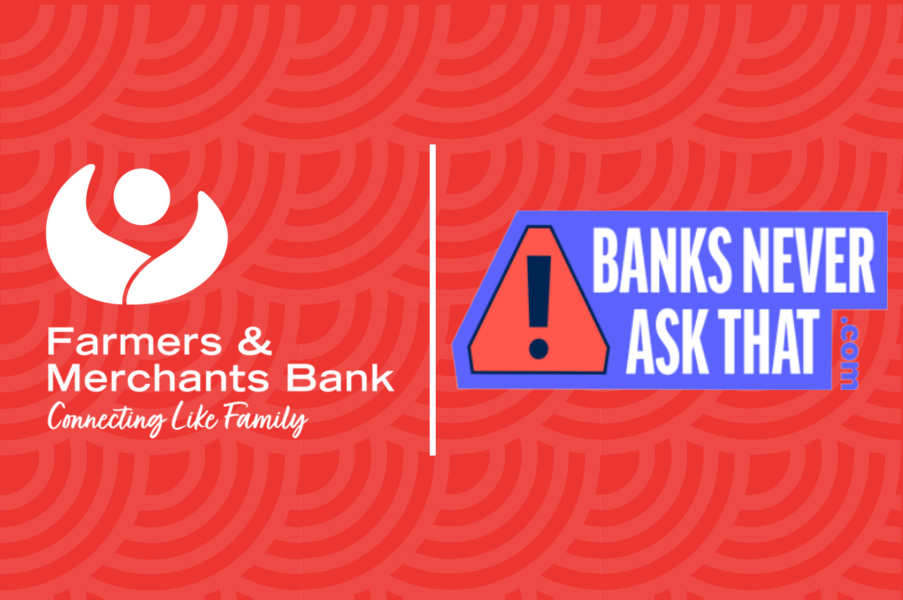
The Blog
Keeping Account Information Secure
BusinessDigital Banking
May. 31, 2025

From bank logins to medical records, we all have sensitive accounts we want to keep private. But whether it’s stored digitally or on paper, this kind of information is a prime target for identity thieves and hackers. Knowing how to protect it, and how to safely dispose of it when you no longer need it, is key to staying secure.
Use Strong, Unique Passwords
Each of your accounts should have its own strong password. Avoid using the same password for multiple accounts, especially for email, banking, or shopping.
Don’t Share Personal Info Over Email or Text
Legitimate companies won’t ask you for sensitive information like passwords, PINs, or Social Security numbers by email or text. If you get a message that looks suspicious, don’t respond. Instead, go directly to the company’s official website.
Store Important Information Securely
If you need to keep account numbers, login details, or other private information, store them in a secure place. Avoid writing them down on paper or keeping them in plain text files on your computer.
Properly Disposing Sensitive Information
Shred Paper Documents
Old bank statements, credit card bills, or anything with account numbers or personal details should be shredded rather than just tossed in the trash. Identity thieves often go through garbage looking for this kind of information.
Wipe Old Devices Before Getting Rid of Them
Before selling, donating, or recycling a phone, tablet, or computer, be sure to erase all your data. Simply deleting files is not enough- use a secure wipe tool or factory reset to make sure the data is truly gone.
Clean Out Your Email and Downloads Folder
Sometimes we save sensitive information without realizing it. Go through your inbox and downloads folder and delete old attachments that might contain personal data, especially things like tax forms, ID scans, or account statements.





